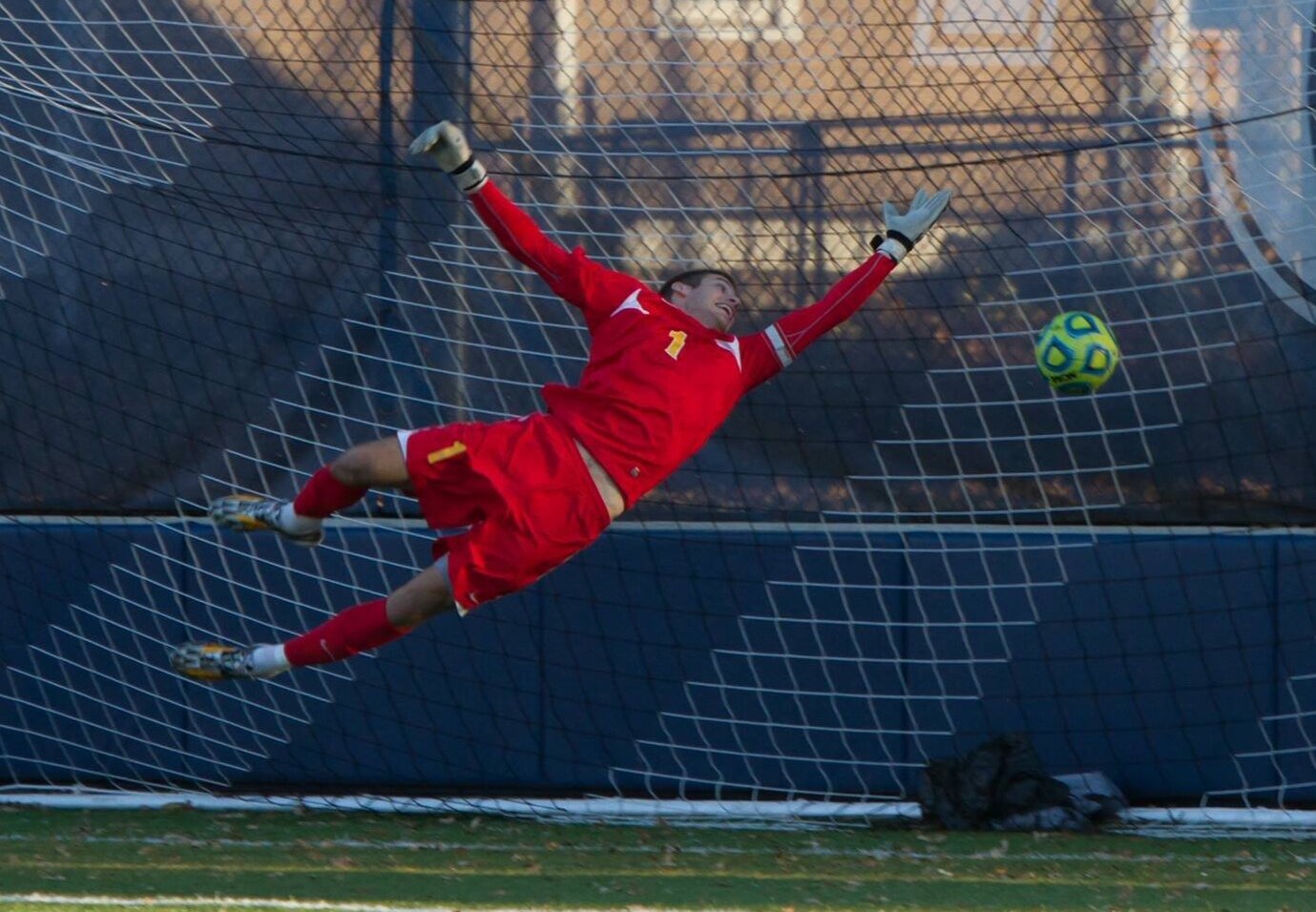I. Introduction

Becoming a professional soccer player is a dream shared by millions of young athletes around the world. The opportunity to play the sport you love at the highest level, compete against the best players, and potentially earn a living from it is an enticing prospect. However, the path to achieving this dream requires not only talent but also dedication, hard work, and proper guidance.
II. Knowing the Path
A. Understanding the requirements and expectations
- Age restrictions and eligibility criteria
To pursue a career as a professional soccer player, it is essential to be aware of the age restrictions and eligibility criteria. Many professional leagues have specific age limits or age groups where players can start their professional journey. Understanding these requirements will help you plan your development and set realistic goals.
- Identifying the necessary skills and attributes
To excel as a professional soccer player, you must identify the necessary skills and attributes. These may include technical skills like passing, shooting, and dribbling, as well as physical attributes like speed, agility, and strength. Identifying these areas of improvement early on will allow you to focus your training and develop a well-rounded game.
B. Education and balancing academics with soccer
- Importance of education for long-term success
While soccer may be your passion and ultimate goal, it is crucial not to neglect your education. Having a solid education provides a safety net and ensures long-term success beyond your soccer career. It is essential to maintain good grades and strive for academic excellence while pursuing your dreams on the pitch.
- Seeking support for academic and athletic development
Balancing academics with soccer can be challenging, but seeking support can make it more manageable. Working closely with your school, coaches, and parents to create a schedule that allows you to excel in both areas is crucial. Seeking tutoring or academic assistance when needed can also help you stay on top of your studies while dedicating time to training.
III. Developing Skills and Techniques
A. Joining a youth academy or club team

- Benefits of training at a professional youth academy
Joining a professional youth academy can provide invaluable training and development opportunities. These academies often have experienced coaches, superior facilities, and access to competitive matches and tournaments. Being part of a youth academy offers a structured and focused environment that can accelerate your growth as a player.
- Finding a reputable club team for regular competitive play
If a youth academy is not an option, finding a reputable club team is essential. Regular competitive play against quality opponents is crucial for your development as a player. Look for clubs with a strong coaching staff, a history of success in player development, and a competitive league environment.
B. Focusing on technical skills and physical conditioning
- Mastering fundamental techniques: passing, shooting, dribbling, etc.
To become a professional soccer player, mastering fundamental techniques is vital. Spend ample time practicing and refining skills such as passing, shooting, dribbling, and ball control. Consistent repetition and attention to detail will help you develop a high level of proficiency in these areas.
- Importance of strength, speed, and agility training
In addition to technical skills, physical conditioning plays a crucial role in becoming a professional soccer player. Strength, speed, and agility training are essential for enhancing performance on the field. Incorporate exercises that focus on building strength, improving speed, and enhancing agility into your training routine.

IV. Showcasing Talent
A. Competing at higher levels and tournaments
Participating in regional and national competitions is crucial for aspiring soccer players looking to showcase their talent. These competitions often attract college recruiters, scouts, and talent evaluators, providing a platform to demonstrate skills and abilities. By competing against top-rated teams, players can gauge their own abilities and measure themselves against the best in the region or the country. This exposure can potentially open doors to higher-level opportunities and increase visibility to college coaches and professional scouts.
B. Utilizing scouting opportunities
Attending college showcases and ID camps is essential for players trying to catch the eye of college recruiters. These events bring together talented players from various regions, allowing them to showcase their skills in front of college coaches, scouts, and talent evaluators. It is important to research and select showcases that align with desired colleges or universities to maximize exposure to potential scholarship opportunities.
Engaging with scouts and coaches is also crucial in gaining exposure. These individuals have the knowledge and contacts to help players reach their desired goals. Attending professional trials or training sessions, seeking feedback, and building relationships can all contribute to increased exposure and potential opportunities.
V. Seizing the Opportunities

A. Pursuing college scholarships and collegiate soccer
Navigating the college recruitment process can be daunting, but with the right approach and preparation, players can increase their chances of securing a college scholarship and playing collegiate soccer. It is important to research and target specific universities or colleges that align with academic and athletic aspirations. Building relationships with college coaches and attending recruitment events can help players stand out from the competition. Putting in the effort to maintain good grades and showcasing leadership qualities on and off the field can also make a player more attractive to college recruiters.
Balancing college education with soccer aspirations requires discipline and time management skills. Student-athletes must find a way to excel academically while dedicating ample time and effort to their athletic pursuits. Utilizing available resources, such as academic support services and time management tools, can help student-athletes find the necessary balance to succeed both athletically and academically.
B. Exploring professional academies and clubs
For players with aspirations of playing professional soccer, joining academies or reserve squads of professional clubs is a pathway worth exploring. These programs often provide high-level coaching, exposure to professional environments, and opportunities to compete against top talent. By demonstrating their skills and dedication in these settings, players increase their chances of catching the eye of professional scouts and securing contracts.
Seeking contract opportunities with lower-league or international teams is another way to pursue a professional soccer career. Lower-league teams often provide players with an opportunity to gain experience, develop their skills, and potentially attract attention from higher-level clubs. Exploring opportunities to play in international leagues or joining overseas clubs can also provide unique experiences and open doors to professional opportunities.
In conclusion, showcasing talent in soccer requires competing at higher levels, utilizing scouting opportunities, and seizing the opportunities that come your way. Participating in regional and national competitions, attending college showcases, and engaging with scouts and coaches are important steps in increasing visibility and securing opportunities. Pursuing college scholarships and balancing education with soccer aspirations can lead to a collegiate soccer career. Exploring professional academies and clubs, as well as seeking contract opportunities, can open doors to a professional soccer career. By following these steps and remaining dedicated, passionate, and focused, aspiring soccer players can increase their chances of achieving their goals in the world of soccer.

